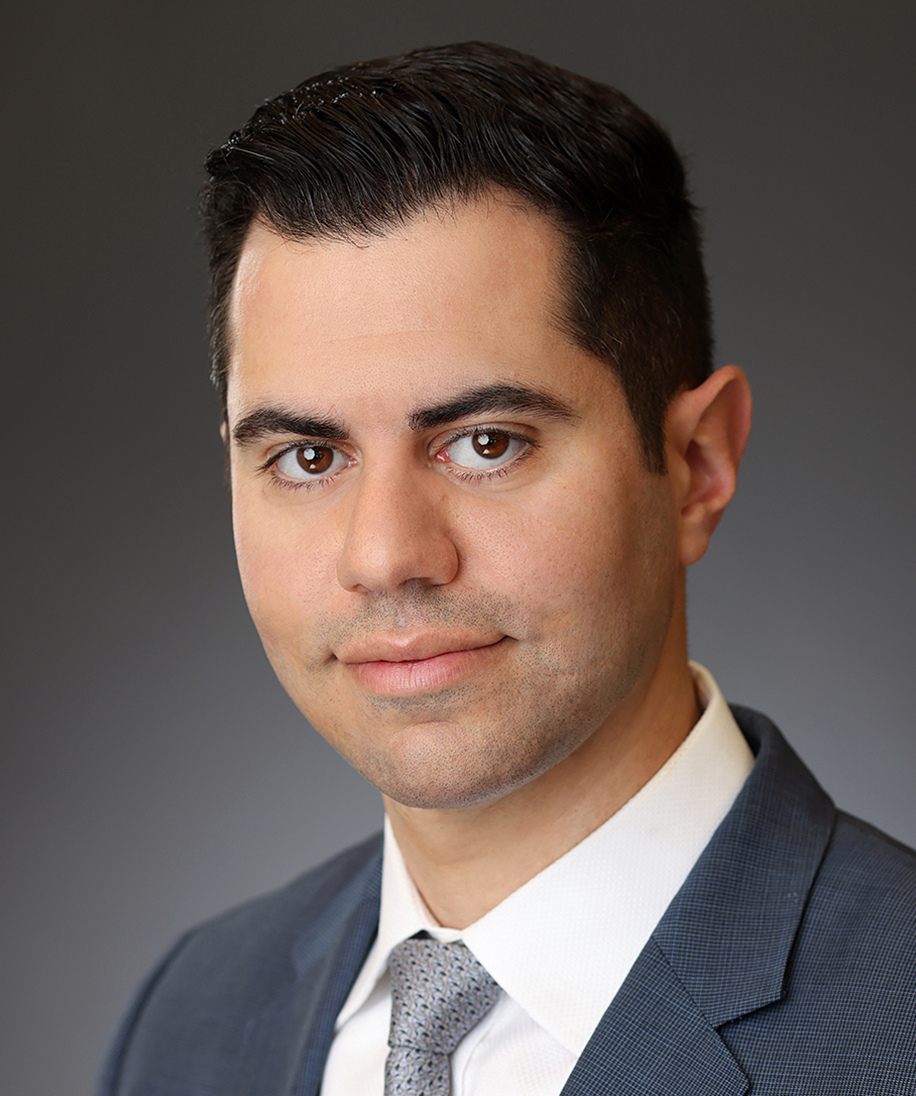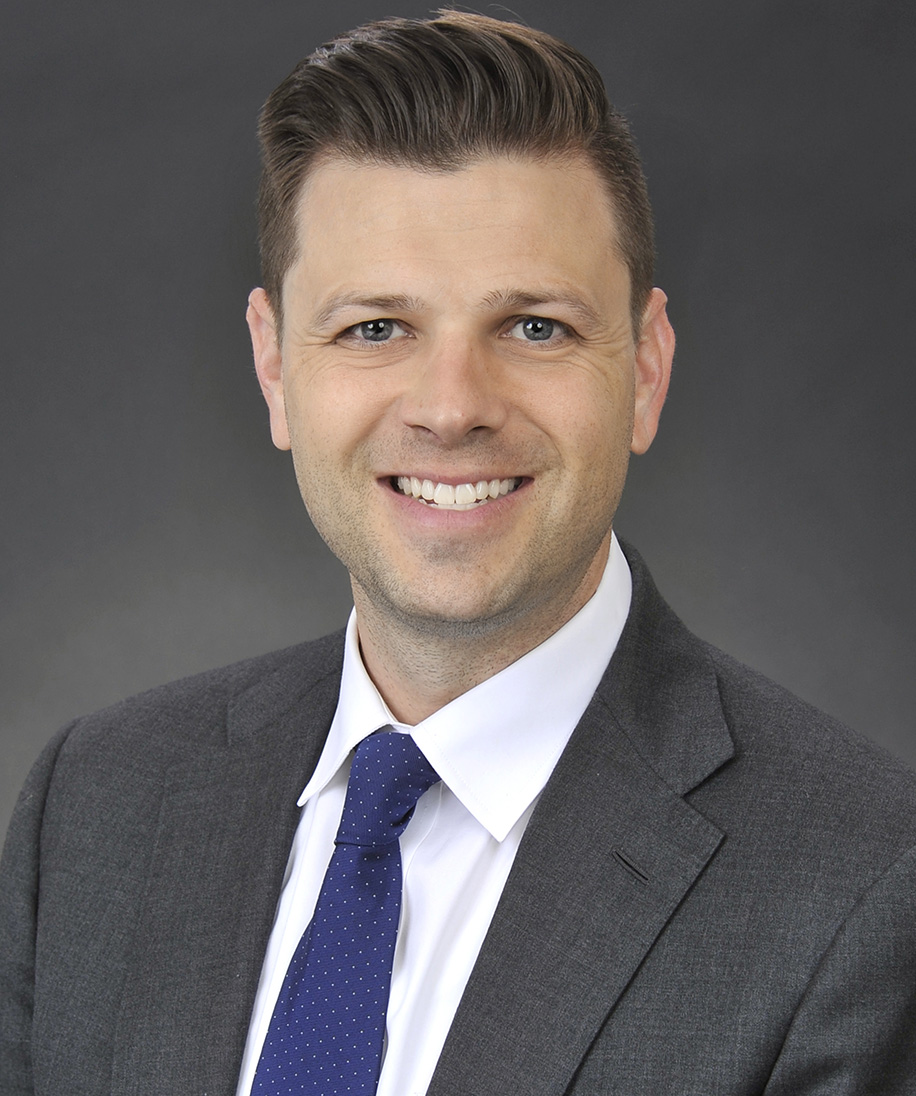Client Alert
California Supreme Court Clarifies Whether Employers Must Pay for Certain Pre-Shift Activities
March 27, 2024
By Eric D. Distelburger,& Zach P. Hutton
- Introduction
In Huerta v. CSI Electrical Contractors, No. S275431 (March 25, 2024), the California Supreme Court issued an important decision relating to whether California employers must pay non-exempt employees for certain pre-shift activities, including time spent traveling on-premises before they begin productive work. The decision announced three core holdings.
First, the Court concluded that time spent by an employee waiting to undergo a vehicular search to enter the employer’s premises is compensable, when that search includes a visual inspection of the employee’s vehicle. In reaching that holding, the Court analogized to Frlekin v. Apple Inc., 8 Cal.5th 1038 (2020), a prior case in which the Court decided that employers must compensate non-exempt employees for time spent undergoing bag checks prior to leaving work.
Second, the Court held the time an employee spends traveling from an employer’s security check to the jobsite is not compensable as “hours worked” (but might be compensable as “employer-mandated travel” for employers subject to Wage Order No. 16), notwithstanding that the employee may be subject to certain rules and restrictions while driving.
Third, the Court held that Labor Code section 512(e)—which exempts employees in certain occupations (including construction) from state meal period requirements if they work under a labor agreement that meets specific requirements—does not allow employers to pay less than minimum wage for “on-duty” meal periods. However, in reaching that holding, the Court more broadly clarified that a practical inability to leave the premises for 30-minute meal periods (for example, in a large facility) does not amount to an “on-duty” meal period, as long as the employee is free to spend the time as she chooses.
- Factual Background
In Huerta, the employer required employees to undergo vehicular security checks prior to beginning work each day and upon leaving. The checks included scanning each worker’s badge, and sometimes peering into the employee’s vehicle or truck bed. The checks could take up to a minute or more per vehicle, and, according to the plaintiffs, caused delays of up to 30 minutes.
After passing through the security gate in the morning, employees drove for approximately 10 to 15 minutes until they reached the employee parking lot. During the drive, employees were subject to certain restrictions mandated by the employer, including speed limits and safety rules, alcohol and drug policies, anti-discrimination and anti-harassment policies, and rules prohibiting smoking, practical jokes, horseplay, and playing loud music. Violation of those rules could result in disciplinary action.
The plaintiff sued, claiming that time spent undergoing security checks and pre-shift travel time from the security gate to the work location qualifies as compensable work, and that employees should have received at least minimum wage for on-site meal periods agreed to by the employer and the employees’ union.
- The Court’s Decision
- Time Spent Undergoing Vehicular Searches Is Compensable
Likening vehicular inspections to the bag checks found to be compensable in Frlekin, the Court determined that time spent awaiting and undergoing vehicular security checks is compensable, even though the employee remains in his vehicle at all times. The Court noted that the procedure “not only requires employees to present their badges for inspection and scanning,” but also involves a visual inspection by security personnel. The Court thus distinguished these procedures from ordinary “ingress and egress” processes where an employee may be required to scan a card to gain entry to the premises, which the Court suggested would not be compensable.
-
- Time Spent Driving From the Security Check May Be Compensable Under Wage Order 16, But Would Not Otherwise Qualify As Work Time
Next, the Court addressed whether time spent driving from the security check to the employee parking lot is compensable when the employee is subject to certain restrictions during his drive. The Court concluded that, under Wage Order No. 16, which applies to employees in the construction, drilling, logging, and mining industries, the time could be considered “employer-mandated travel,” which would make the time compensable if the employee could show the employer required the employee’s presence at the security gate for a work-related reason other than accessing the worksite.
However, the Court rejected plaintiff’s argument that the time spent traveling on-premises otherwise would qualify as “hours worked.” Though plaintiff claimed employees were subject to the employer’s control because they were required to abide by certain rules and restrictions during the drive, the Court found the rules at issue—which were designed to ensure “safe, lawful, and orderly conduct” while traveling on the employer’s premises—“do not amount to a level of control sufficient to render the travel time compensable as ‘hours worked.’” Slip Op. at 22-23. The Court explained:
If the rules that apply during Huerta’s drive satisfy the control test, then so would workplace rules that curb an employee’s freedom while walking or otherwise traveling on the employer’s premises to and from the employee’s worksite at the beginning or end of the day. A maintenance worker who skateboards to his office building may be prohibited from skateboarding through the lobby to the elevator. A department store clerk may be prohibited from chewing gum or talking on her cell phone while walking through the store before or after her shift. And employees of all kinds are subject to prohibitions on workplace harassment and discrimination while on an employer’s premises.
Id. at 23. The Court noted that such rules are “necessary and appropriate in virtually every workplace,” and it signaled that it was not prepared to interpret the control test so broadly as to turn every employee’s on-premises “commute” into compensable time. Id.
-
- The Court Clarified State Meal Period Requirements
Last, the Court addressed a nuanced issue involving Labor Code section 512(e), a provision that exempts employees in certain occupations (including construction) from state meal period requirements if they work under a labor agreement meeting specific requirements. The Court held that such employees must still be paid at least minimum wage for “on-duty” meal periods when employees are prohibited from leaving the premises.
More broadly, however, the Court explained that practical impediments to leaving the premises for 30-minute meal periods do not render a meal period “on-duty,” when employees otherwise are free to spend the time as they choose. It stated “the distances separating the [work location] . . . and public road . . . might have made travel impractical during Huerta’s 30-minute meal period,” but the “fact that the features of a worksite make travel impractical in the time allocated is not sufficient to establish employer control.” Slip. op. at 35.
-
- Recommendations
Employers who have implemented mandatory screening procedures before employees may enter or leave the premises should read this decision carefully, particularly if the process involves visual scanning or searches by security personnel.
Employers should also consider whether the restrictions, if any, they place on employees while on the premises fall into the category of rules furthering safe, lawful, and orderly conduct, which Huerta said were insufficient to make on-site travel compensable.
Last, employers should review their policies and procedures regarding meal periods, and ensure they do not place restrictions on their employees’ ability to perform personal activities during that time.
Contributors





